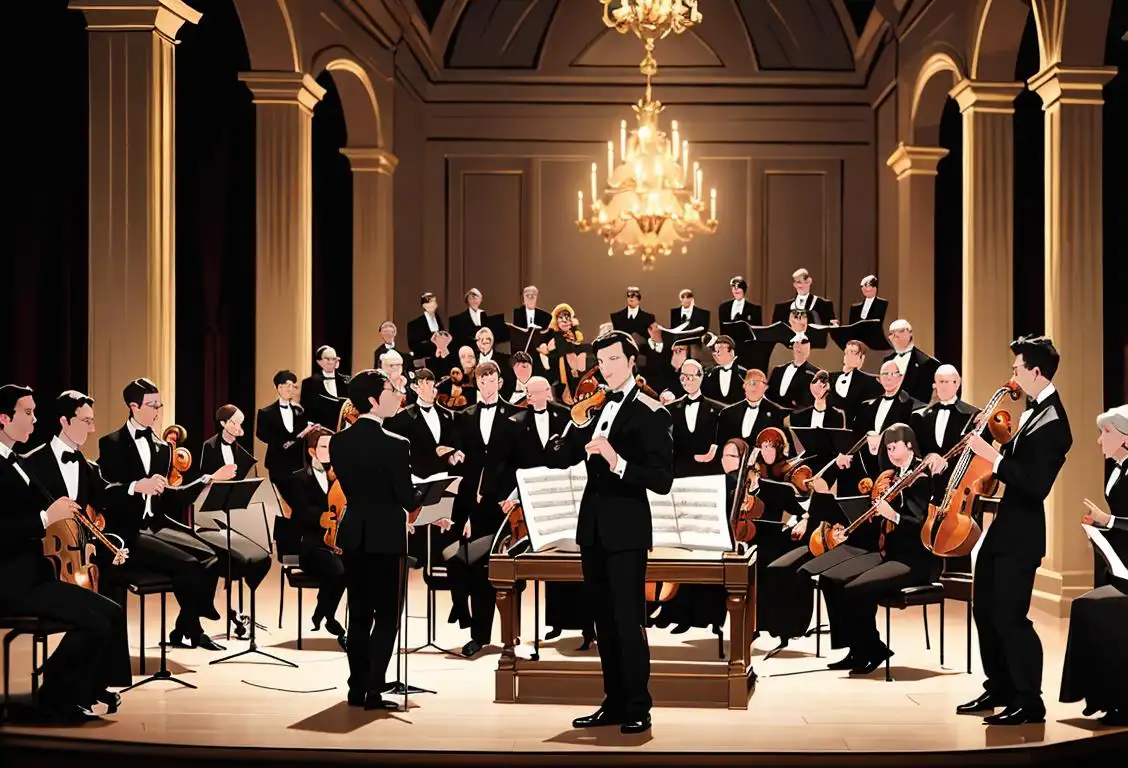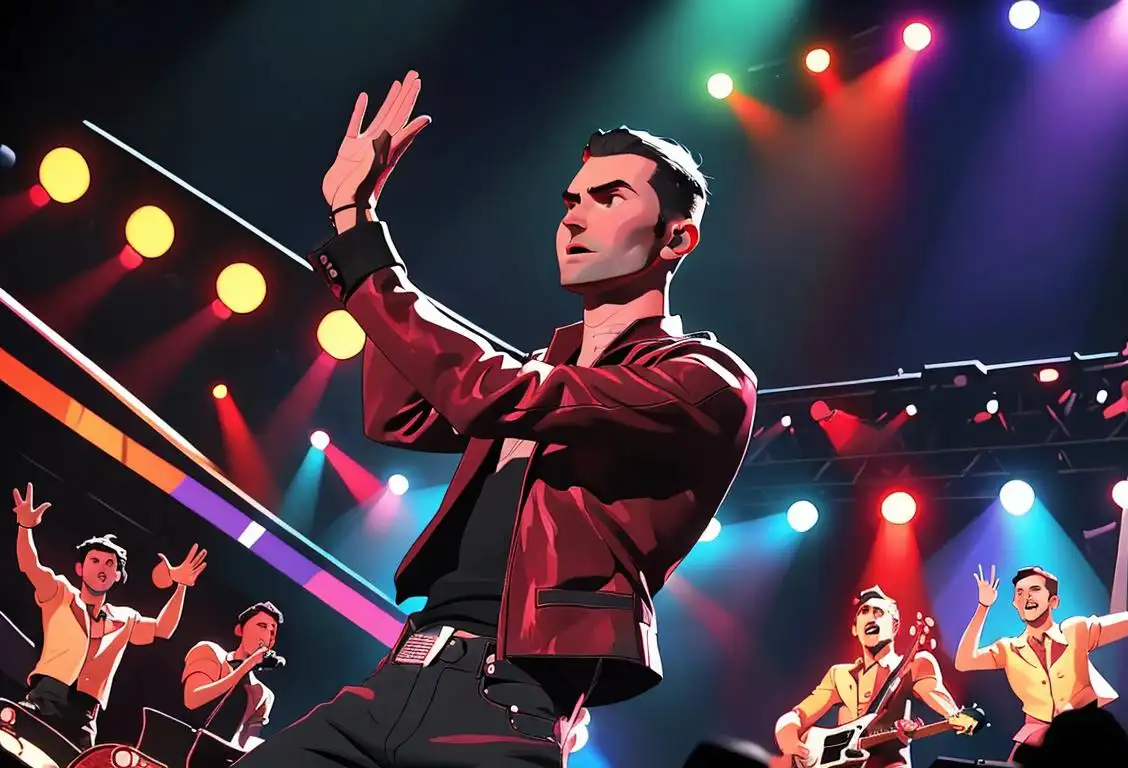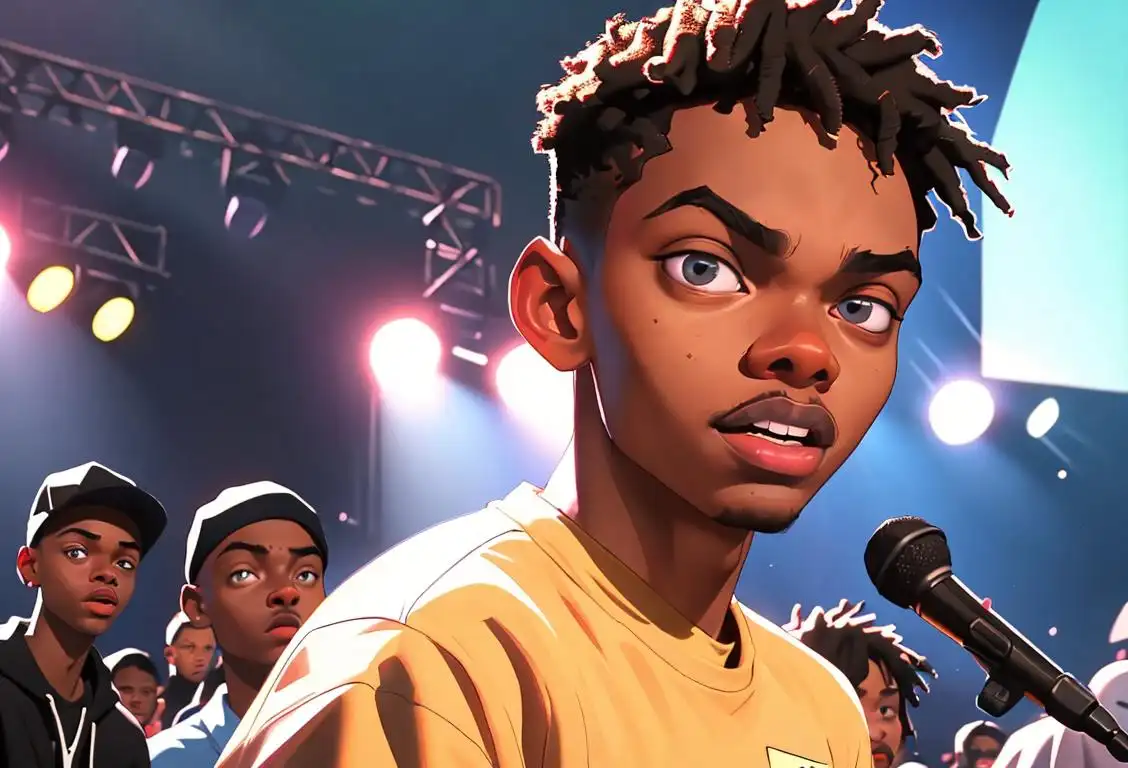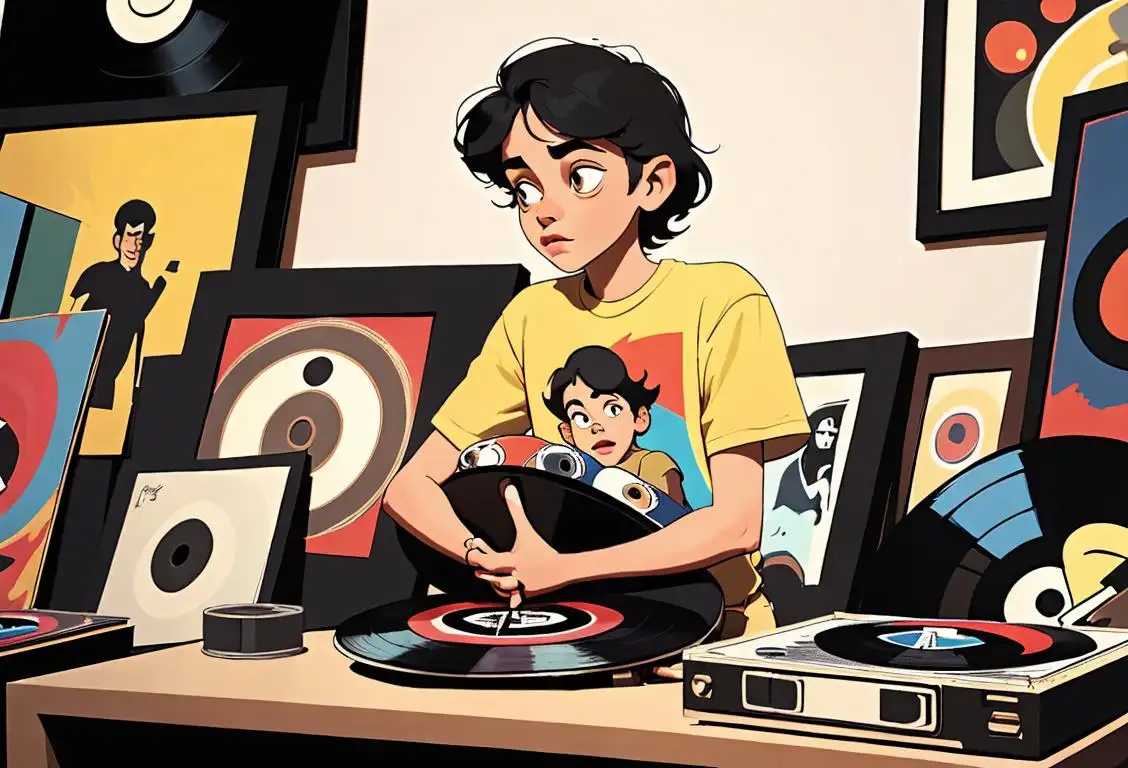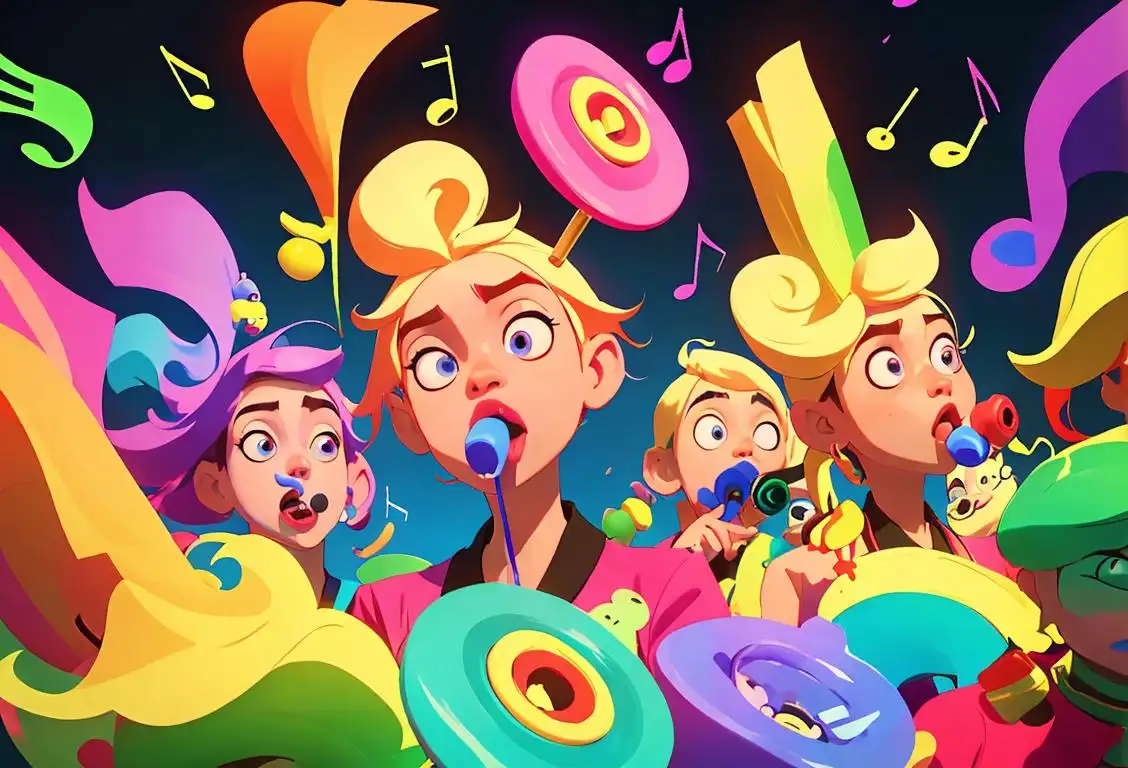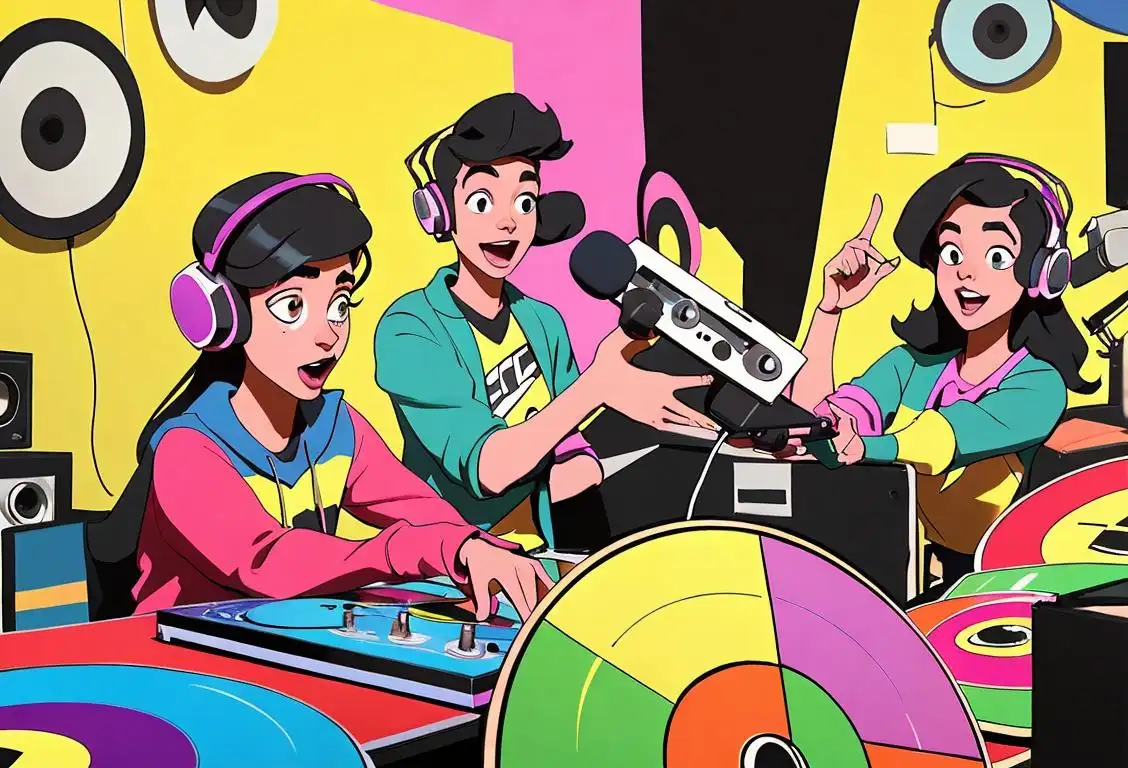National Barber Shop Quartet Day
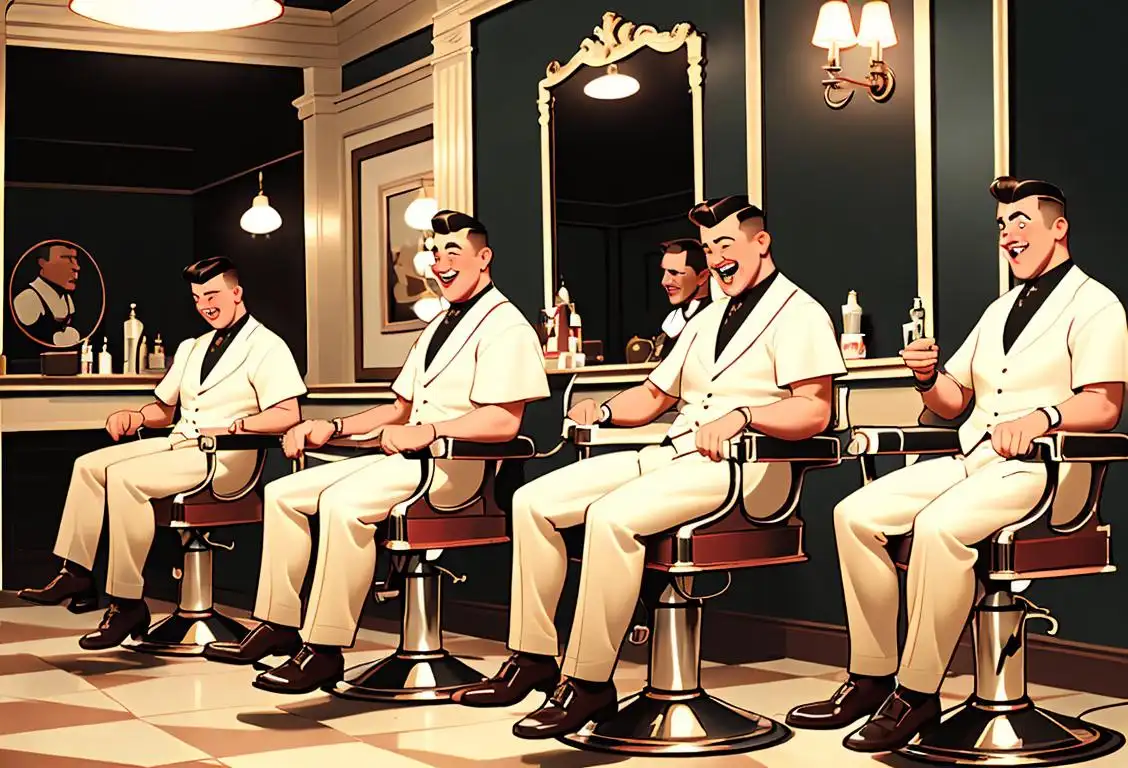
Welcome to the wonderful world of National Barber Shop Quartet Day! Get ready to harmonize and croon to your heart's content as we dive into the history and significance of this delightful holiday.
When is Barber Shop Quartet Day?
It's national barber shop quartet day on the 11th April.
The Birth of Barbershop Quartet
Picture this: it's the turn of the 20th century, and a group of talented barbershop singers decide to form a quartet. With their heavenly harmonies and slicked-back hair, they enchant customers and passersby alike. And thus, the barbershop quartet was born!
Over the years, barbershop quartets became synonymous with tight harmonies, finger-snapping goodness, and perfectly coiffed mustaches. From street corners and barbershops to competitions and international tours, these musical ensembles have enthralled audiences with their vintage charm and lively performances.
A Digital Serenade
In the age of the internet, the spirit of barbershop quartets lives on. Social media platforms like YouTube and TikTok have provided a stage for countless talented individuals and groups to showcase their harmonizing skills and revive the barbershop tradition. The online world also allows fans to connect and appreciate the musical stylings of these modern-day troubadours.
Whether you're a seasoned singer or a shower crooner, National Barber Shop Quartet Day is the perfect time to celebrate this unique art form. Gather your friends, harmonize over a virtual video call, or even organize a backyard serenade. Let the music fill the air and spread joy to all who listen!
History behind the term 'Barber Shop Quartet'
1867
The Invention of the Term
The term 'barber shop quartet' was first coined in the year 1867. It was used to describe a group of four male singers who would harmonize together while getting their haircuts at the local barber shop. These singing groups would often entertain customers and create a lively atmosphere in the shop.
1890s
The Rise of Barbershop Harmony
During the 1890s, barbershop harmony became increasingly popular in the United States. Men would gather in barbershops to sing in quartets, blending their voices in intricate four-part harmonies. This unique style of close harmony singing, characterized by a strong emphasis on the melody and bass lines, gave birth to the formalization of barber shop quartets as a distinct musical genre.
1910s
Barbershop Quartets in Entertainment
In the early 1910s, barbershop quartets began to gain prominence in the entertainment industry. They started performing in vaudeville shows, theaters, and even silent films. Their popularity soared as audiences were captivated by the rich harmonies and comedic performances of these talented groups. Barbershop quartets became an integral part of the early American music scene.
1930s
Barber Shop Style in Mainstream Music
During the 1930s, the influence of barber shop quartets extended beyond their niche genre. Many popular vocal groups of the time, such as The Mills Brothers and The Ink Spots, incorporated elements of barbershop harmony into their music. This infusion of barber shop style into mainstream music further solidified its place in American popular culture.
1940s - Present
Barbershop Quartets as a Cultural Symbol
From the 1940s onwards, barbershop quartets became a beloved cultural symbol, representing a bygone era of American music. They were frequently portrayed in movies, TV shows, and advertisements, often exemplifying nostalgia and Americana. Even today, barbershop quartets continue to perform and entertain audiences, keeping the tradition alive and reminding us of the rich heritage of close harmony singing.
Did you know?
Did you know that barbershops were once the hub of social interaction, where people would gather not only for haircuts but also for lively discussions and community bonding? It's no wonder barbershop quartets emerged from these lively and social spaces!Tagged
awareness fun musicFirst identified
11th April 2015Most mentioned on
11th April 2017Total mentions
27Other days
Chamber Music Day
Adam Levine Day
Vince Staples Day
Album Day
Kazoo Day
Kehlani Day
College Radio Day
Hug A Drummer Day
Drummer Day
Barber Shop Quartet Day
